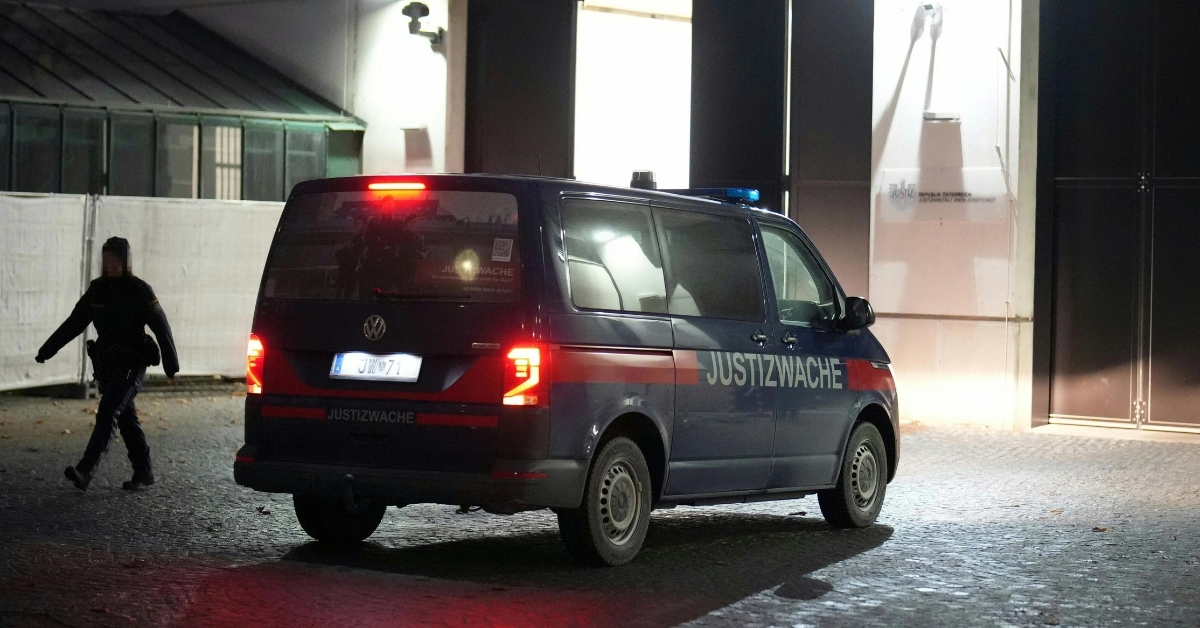Austria is facing criticism over how it spends taxpayer money, and it has nothing to do with government salaries or failed infrastructure.
The focus, instead, is a single inmate—one man weighing nearly 300 kilograms (around 660 pounds) whose incarceration costs the state ten times more than the average prisoner. The 29-year-old man, currently held at Korneuburg Prison near Vienna, is reportedly costing the Austrian government up to €1,800 (about $1,960) per day.
A standard inmate, by comparison, costs around €180 (approximately $196). Local media outlets report that the cost difference stems from his size and the extensive accommodations that have been made to house and care for him.
After police raided his Vienna home and found 45 kilos of marijuana, two kilos of cocaine, nearly two kilos of amphetamines, and more than 2,000 ecstasy tablets, he was arrested and briefly held at Josefstadt Prison. But he wasn’t there long.
The prison bed reportedly collapsed under his weight, prompting his transfer to another facility with a specially welded cot, reinforced for long-term use.
Austria’s Heaviest Inmate Is Costing Taxpayers 10 Times the Usual Amount
He now receives 24-hour care from external nurses. Transporting him requires specialized vehicles that can cost upwards of €5,000 (about $5,450) per trip. To cut down on expenses, court interrogations are now done entirely via video link. Even with these adjustments, the overall cost of keeping him in custody has become a lightning rod for public frustration.
“While citizens outside prison often have to wait months for a doctor’s appointment, it seems there are funds available for serious criminals,” Kronen Zeitung noted in a recent editorial.
The case has raised more profound questions about justice, healthcare access, and what level of care should be extended to those convicted of serious crimes. Critics argue that the current spending highlights a skewed sense of fiscal priority. Supporters of the system point to basic human rights—arguing that incarceration doesn’t erase a government’s responsibility to provide humane treatment.
What’s clear is that this isn’t just about one inmate. It’s about how far a country should go, and how much it should pay, to balance punishment with care.
The inmate remains in custody, with no indication of when—or if—he will face trial in person. Until then, he continues to cost Austria more per day than many families spend in a month.
